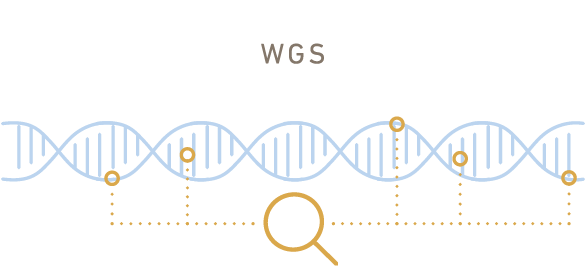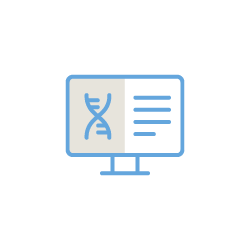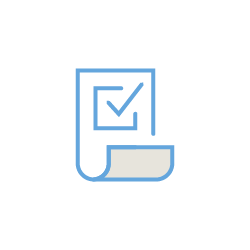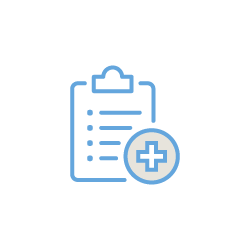Whole Genome Sequencing (WGS) is the most comprehensive test available through Baylor Genetics. It analyzes up to 98% of the human genome, detecting known and potential disease-causing variants that may not be identified on more targeted genetic testing. Additionally, WGS covers both the protein-coding exons and clinically significant non-coding regions of the genome.
As the most comprehensive genetic test available, WGS captures virtually all disease-causing genetic variations including single-nucleotide variants, small insertion/deletions, copy number variants, and a comprehensive set of tandem repeat disorders. In addition, WGS also captures variants within the mitochondrial genome which further increases clinical utility.
END YOUR PATIENT’S DIAGNOSTIC ODYSSEY
Getting a diagnosis that explains your patient’s symptoms can be life changing. Results provide treatment options, inform medical management, and open additional research opportunities so you can focus on the best care for your patient.
EARLY DIAGNOSIS FOR PATIENT CARE
- 32% of affected individuals had changes in medical care1
- Save an average of $12k – $15k per patient1
- On average, avoid ~525 days of hospitalization1
- 3 out of 4 families want answers and are in favor of diagnostic tests2
BAYLOR GENETICS IS COMMITTED TO FINDING ANSWERS FOR YOU AND YOUR PATIENTS
To assist with providing answers, our WGS includes the following features:
- RNA sequencing (RNAseq), is available for WGS and Rapid WGS (rWGS). It is performed when a qualified variant has been reported and the ordering provider has opted in.* Any findings will be provided as an updated (addendum) report.










